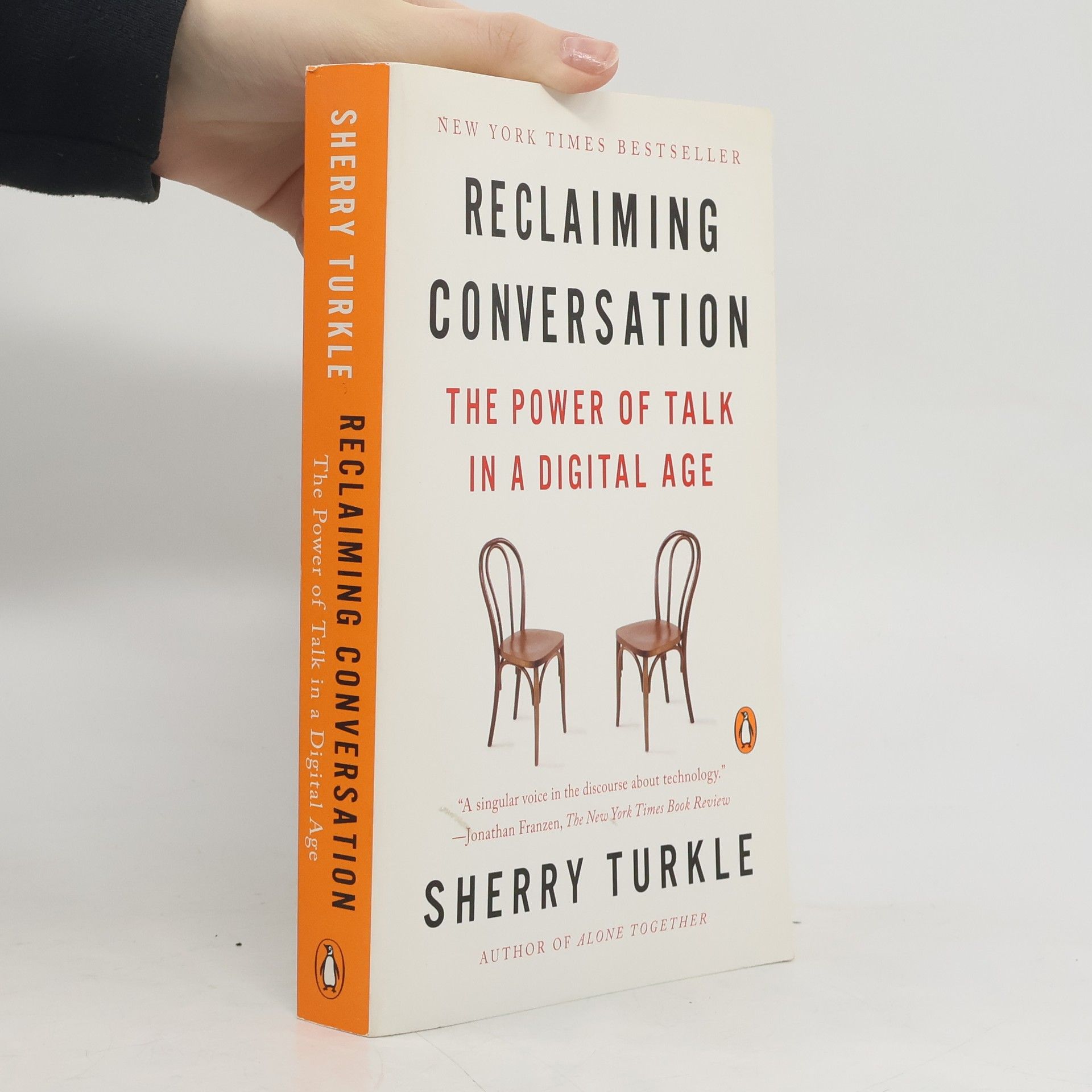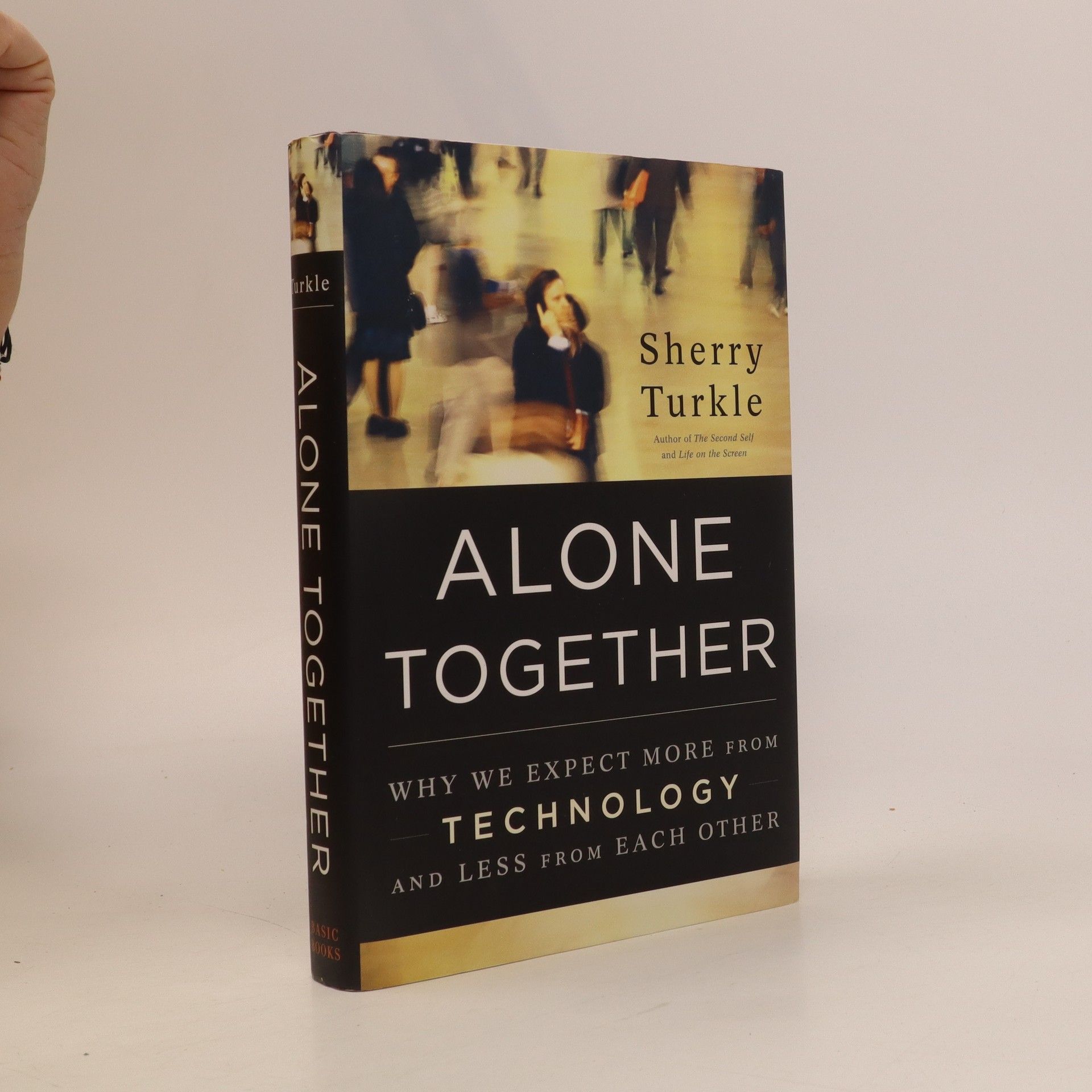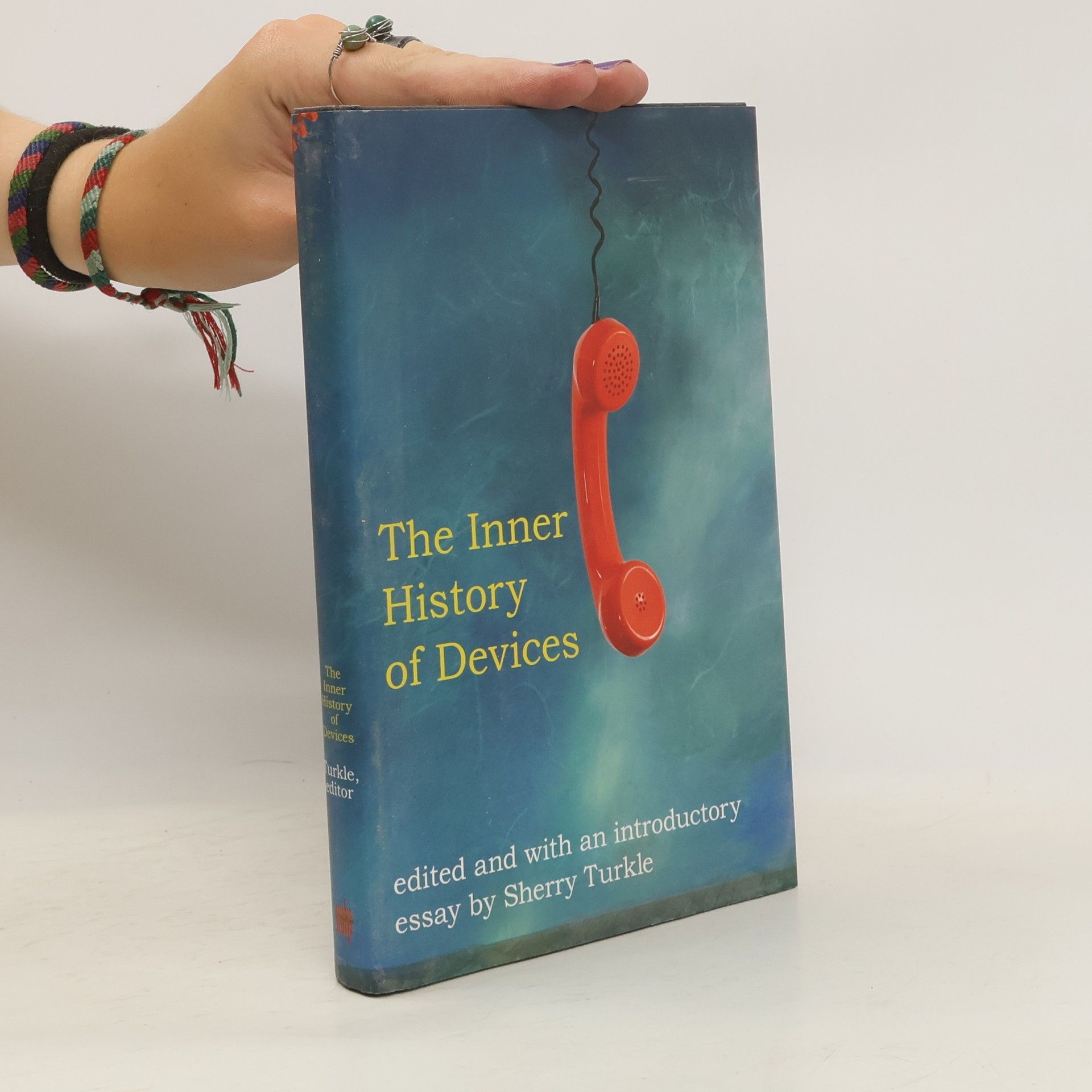La conversazione necessaria
La forza del dialogo nell'era digitale
Viviamo in un mondo che sempre piú sacrifica i piaceri e i benefici della conversazione sull'altare delle tecnologie digitali. Parliamo con un amico, ma nel frattempo diamo piú di un'occhiata allo smartphone, e spesso i nostri figli si lagnano se non hanno tra le mani un dispositivo elettronico. Viviamo costantemente in un altrove digitale. Ma per capire chi siamo, per comprendere appieno il mondo che ci circonda, per crescere, per amare ed essere amati, dobbiamo saper conversare. La perdita della capacità di parlare < > con gli altri - con empatia, imparando nel contempo a sopportare solitudine e inquietudini - rischia di ridurre le nostre capacità di riflessione e concentrazione, portandoci, nei casi estremi, a stati di dissociazione psichica e cognitiva. In questo libro, frutto di anni di interviste e di indagini sul campo, Sherry Turkle, < >, sottolinea le insidie e gli effetti delle appendici tecnologiche che ci circondano nella società e nella nostra vita quotidiana, per far sí che ognuno ridiventi padrone di se stesso, senza farsene acriticamente dominare







